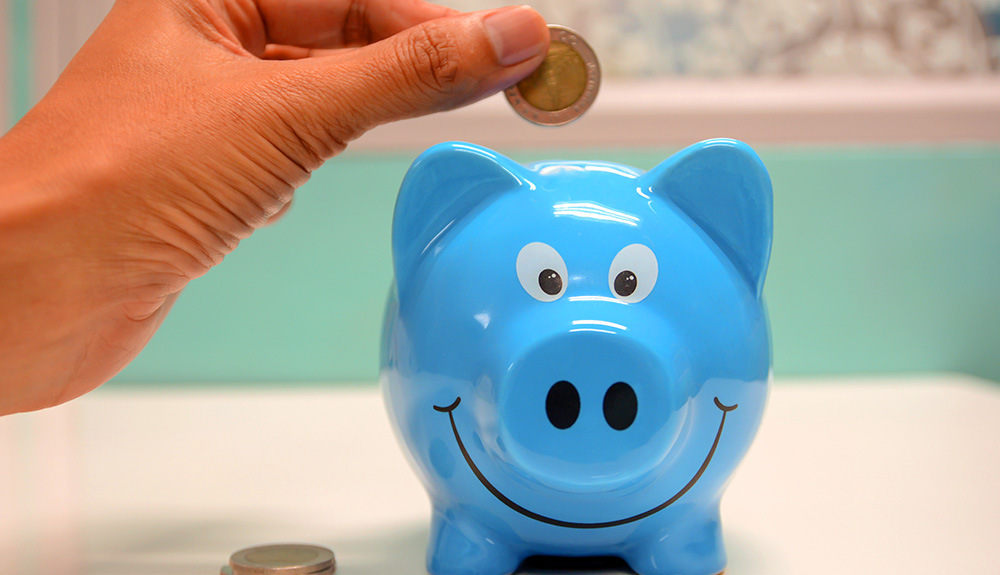Its April, a new financial year and a new work year. Many of you would be looking forward to raises, bonuses and perhaps even a shift in your work place. All this means more funds are going to hit your bank account soon. There are a few ways to utilise this excess. No harm in keeping aside some for that wrist watch you have been eyeing or the designer bag.
Ideally fulfilling your wants should come with what’s left from catering to your needs, but in whichever sequence it is, at some point you have to consider utilising your annual surplus towards your financial needs.
Now one of the things on agenda is your outstanding home loan. There is always the choice to use your surplus to either partially repay that home loan or to invest.
How can you decide which way to go?
If your loan rate is lower than the rate at which you can invest and earn return on your money – then better to invest your surplus.
There are at least three aspects to consider
1. How many years are left on the loan
Repaying a home loan makes more sense in the early part of the tenure as the interest component in your EMI (equated monthly instalment) or your loan repayment instalment is high. Sample this: a Rs 25 lakh home loan at around 9% for 20 years will include around 81% interest payment in your first year’s aggregate EMI. Next year it will reduce to around 80%. Only by the 13th or 14th year will less than half the aggregate annual EMI go towards interest. Hence, sooner you start to repay, the lower will be your total interest outgo.
2. Your home loan rate
After you have indulged in the spends you want, you have two option – pre pay your home loan or invest. Compare your home loan rate with your investmentAn investment is made to give you a return. You make an investment if you use your money to buy either physical assets like property or financial assets like bonds and equity with an aim to receive income or gains... More return. If you can earn an investmentAn investment is made to give you a return. You make an investment if you use your money to buy either physical assets like property or financial assets like bonds and equity with an aim to receive income or gains... More return which is greater than your loan rate you should continue to remain with your home loan.
Think about this, businesses routinely take loans to fund their process and in turn generate revenues and profits at a rate higher than the loan interest rate. This helps them utilise what we call leverage efficiently. It is somewhat the same with your home loan. If your loan rate is lower than the rate at which you can invest and earn return on your money – then better to invest your surplus. So – let’s say you have a portfolio of equity and fixed income mutual funds and this portfolio can effectively deliver 10-11% return every year. It would then make sense to keep with your home loan and invest your money, earn more than what you need to repay your loan for that year.
On the other hand, if you are too conservative and will only go for a fixed deposit earning 6.5%-7%, then better to repay your loan which requires an interest expense of 9% per annum.
3. Tax benefit of a loan – If your home loan comes with tax benefits, then that is also a kind of saving. Some loan amounts are beyond the threshold of certain tax benefits, so check with your account first. Secondly, in some cases unless the construction is complete you may not be able to take advantage of the interest deduction from your taxable income. If you are unable to utilise the tax benefits attached to a home loan, then best to repay and move out. If you are utilising all the benefits, calculate the net advantage for the year and then do the calculation in the second point above; compare the net cost of the loan after reducing the tax benefit with what you can earn if you invest the amount instead. If your net cost is higher than what you can earn more from your money –repay the loan, else there is no dire need to do so.


I have a home loan of 75 Lacs @ 8.85 %. I am in the 3rd year of my repayment. Which financial instruments should I be investing in to be able to pre-pay this loan at the end of 10 years and how much would I need to invest each year?